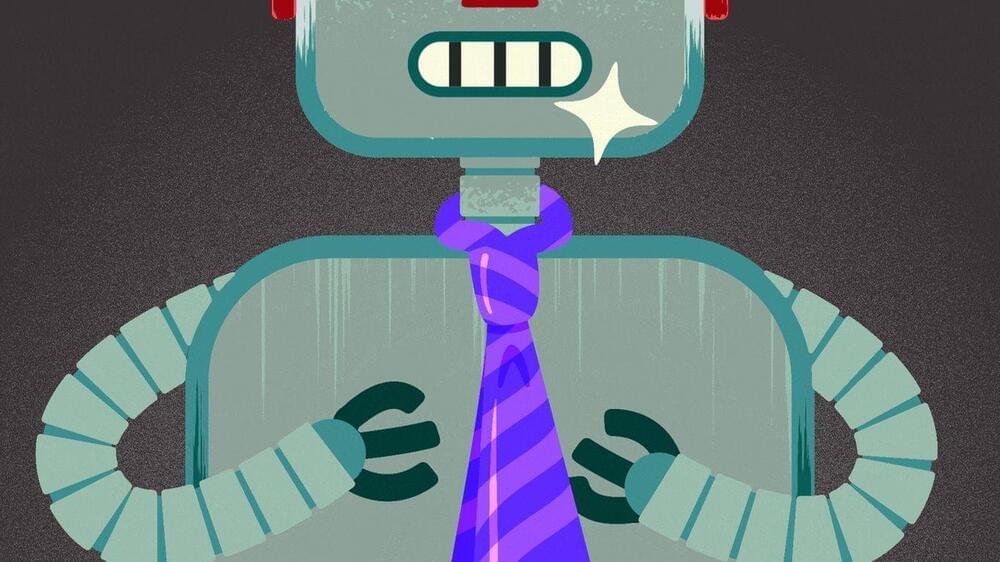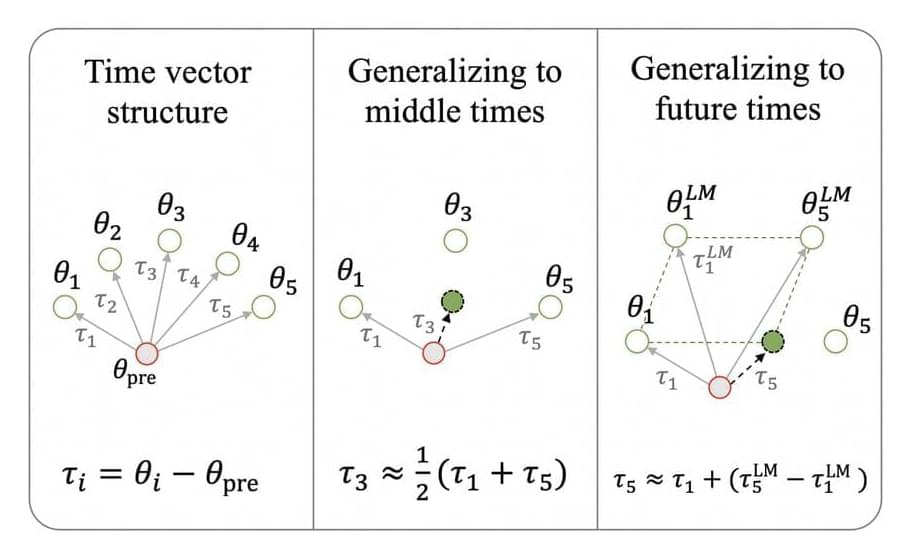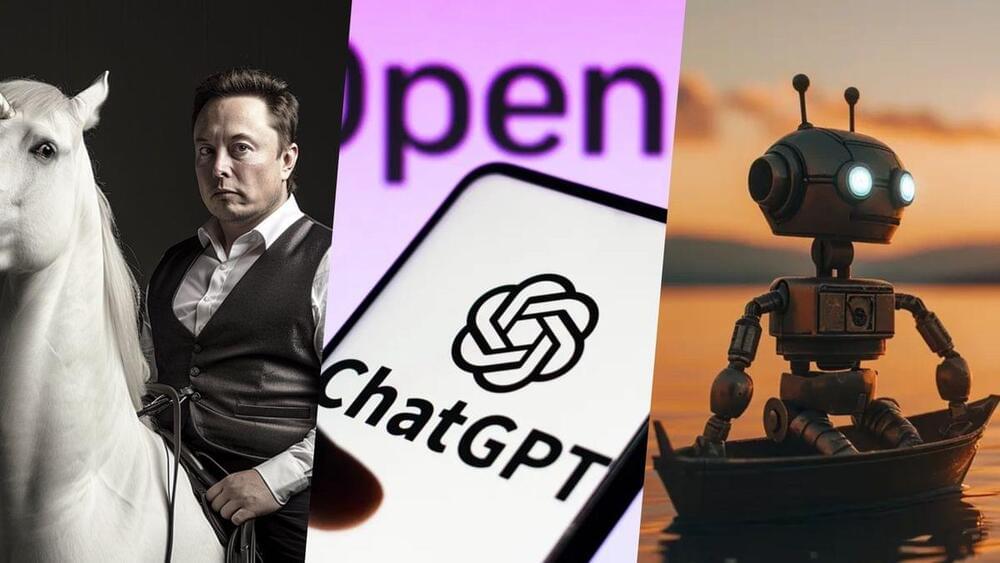Tesla unveils Optimus Gen 2, a lighter, faster, and smoother humanoid robot that can assist humans in various tasks.\
https://cyberguy.com/future-tech/next…\
\
For more of my tech tips \& security alerts, subscribe to my free CyberGuy Report Newsletter\
Cyberguy.com/newsletter\
\
Ask Kurt a question or let us know what stories you’d like us to cover\
CyberGuy.com/Contact\
\
***********\
\
Answers to the most asked CyberGuy questions:\
\
● What is the best way to protect your Mac, Windows, iPhone, and Android devices from getting hacked? https://cyberguy.com/software/best-an… \
\
● What is the best way to stay private, secure, and anonymous while browsing the web?\
https://cyberguy.com/privacy/best-vpns/\
\
● How can I get rid of robocalls with apps and data removal services?\
https://cyberguy.com/how-to/how-to-ge…\
\
***********\
\
Related: \
\
Best Antivirus Security Software\
https://cyberguy.com/LockUpYourTech\
\
Best VPNs for Browsing the Internet Privately\
https://cyberguy.com/VPN\
\
How to Back-up your Devices the right way\
https://cyberguy.com/HowoBackupDevices\
\
***********\
\
http://cyberguy.com/newsletter\
\
***********\
\
Follow me here:\
http://www.cyberguy.com\
/ cyberguyofficial \
/ cyberguy \
/ kurtthecyberguy \
\
#TeslaRobot\
#OptimusGen2\
#HumanoidRobotics\
#TechInnovation\
#TechNews\
#TechnologyNews\
#Innovation\
#FutureTech\
\
***\
\
ABOUT CYBERGUY — AMERICA’S TECH AUTHORITY\
\
Kurt \






